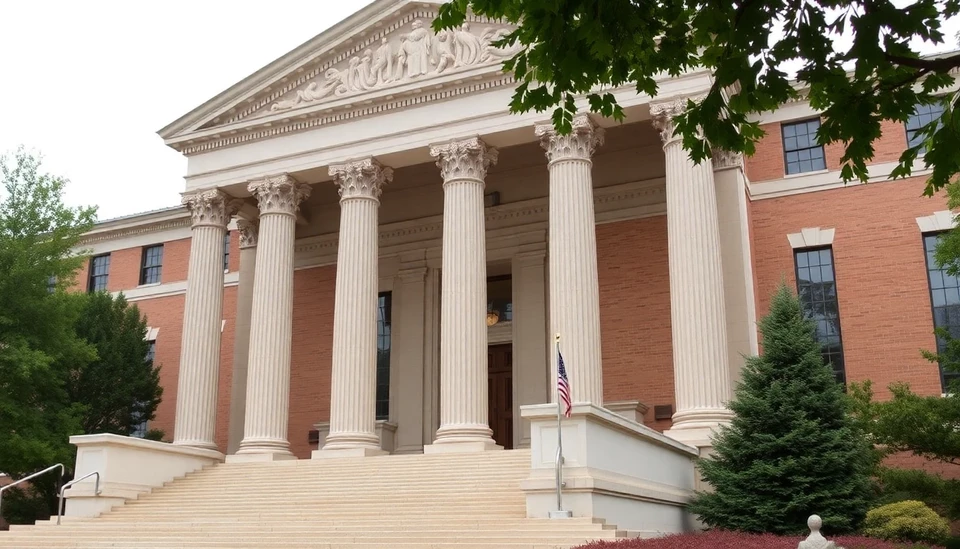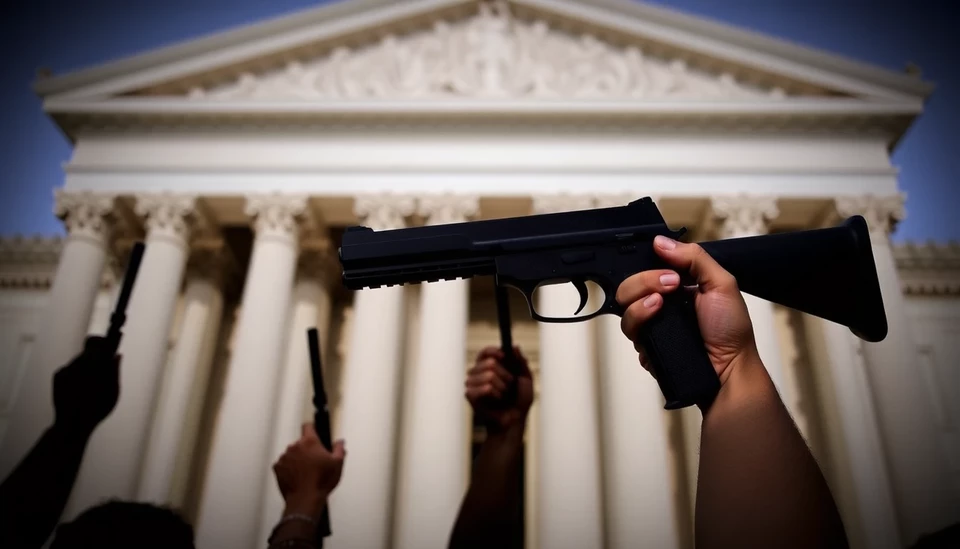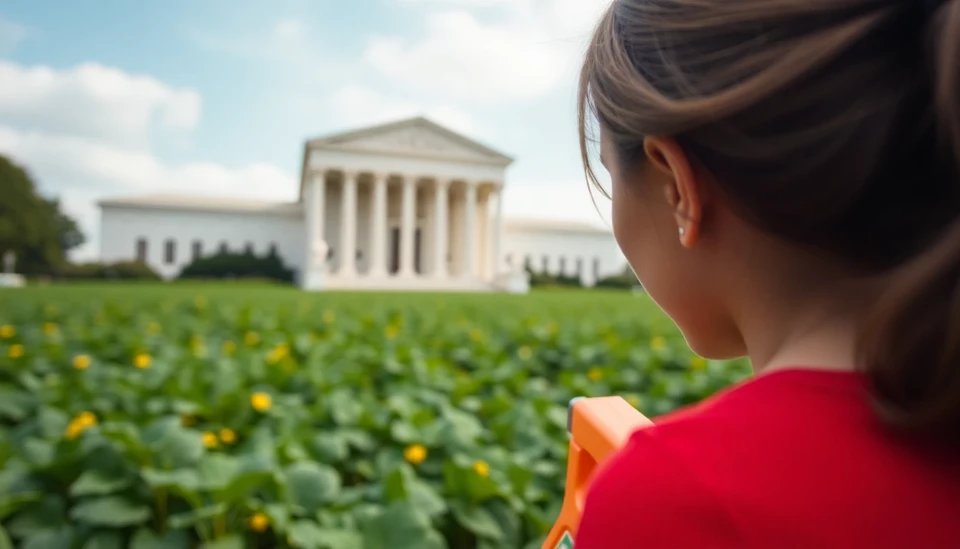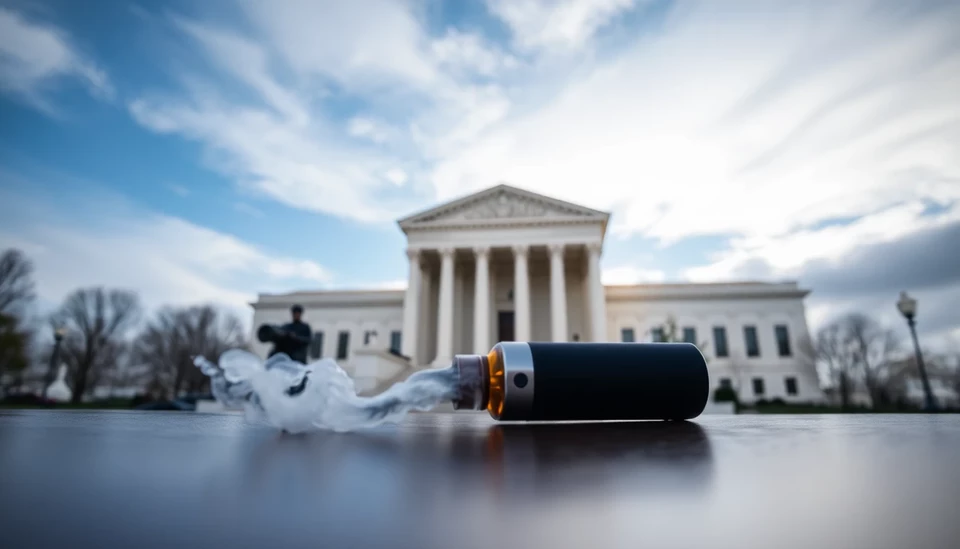
In a significant ruling, the Supreme Court has opted not to hear a challenge regarding the legality of a firearm ban at public universities, effectively allowing these institutions to enforce their policies that limit the presence of guns on campus. This decision comes amidst an ongoing national debate on gun rights and campus safety.
The case at the heart of this ruling involved a dispute over a law that prevented students from carrying firearms on university property. Advocates for gun rights argued that such bans violate the Second Amendment, which protects the right to bear arms. However, the University of Colorado, along with several other public universities in the nation, maintained that the prohibition was essential to ensuring the safety and well-being of students and faculty.
Supporters of the ban have pointed to various incidents of gun violence on college campuses, asserting that the presence of firearms could exacerbate the potential for dangerous situations. They argue that maintaining a gun-free environment fosters a sense of security among students, which is paramount for their educational experience.
The Supreme Court's decision not to take up the case leaves in place lower court rulings that had consistently upheld the universities' rights to implement such regulations. This is seen as a victory for advocates of stricter gun control measures, particularly in educational settings, where the potential for violence has raised serious concerns.
Opponents of the ban, however, expressed disappointment, arguing that such regulations infringe upon personal freedoms and the constitutional rights of individuals. They contend that responsible gun ownership should be allowed on college campuses, claiming it could serve as a deterrent against potential threats.
The ruling also reflects the ongoing complexities surrounding the interpretation of the Second Amendment in various contexts, especially in sensitive environments such as schools and universities. Legal experts suggest that this case may signal the court's reluctance to expand gun rights in areas where public safety is a top priority.
This development is expected to influence future debates on gun policies, not only in educational institutions but also in other public venues. As more states consider legislative measures concerning firearms, stakeholders on both sides of the gun rights debate will likely continue to scrutinize the implications of this ruling.
The Supreme Court’s decision adds another layer to the evolving legal landscape surrounding gun rights and public safety, signaling that while the dialogue continues, the courts may be hesitant to intervene in policies aimed at protecting educational environments.
As lawmakers prepare for upcoming sessions, the conversation around gun control and rights will undoubtedly persist, with advocates expected to push for both sides of the argument in pursuit of a broader legislative resolution.
#SupremeCourt #GunBan #CampusSafety #SecondAmendment #GunRights #UniversityPolicy #PublicSafety #LegalRuling
Author: Victoria Adams




